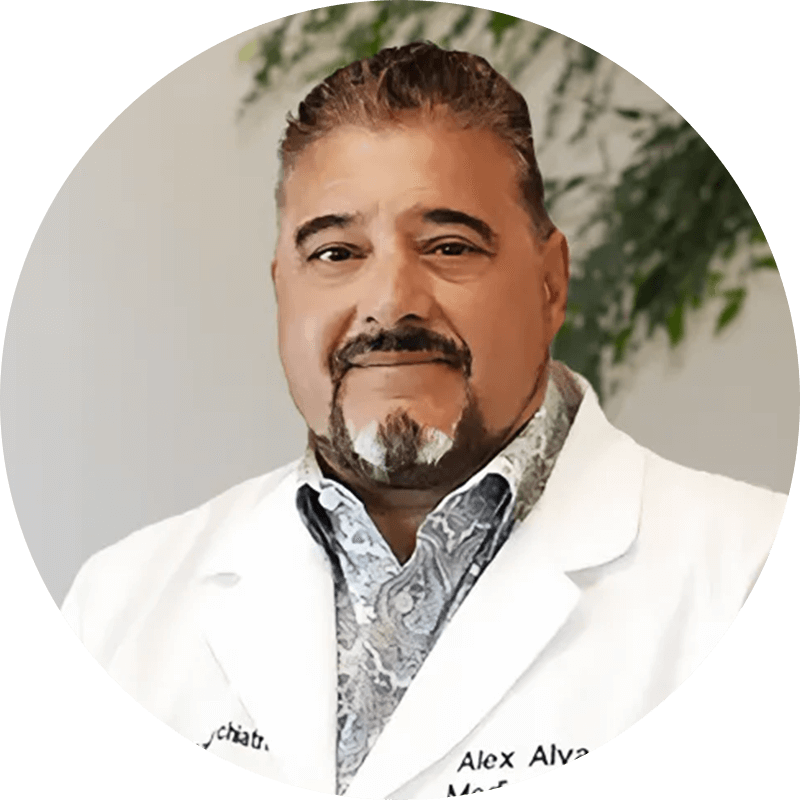Antidepressants serve as a lifeline for millions battling the debilitating effects of depression. But like many prescription medications, they can also fall into the realm of misuse and abuse. While antidepressants are not typically considered addictive in the traditional sense, a growing body of evidence suggests that their misuse can lead to serious health consequences. This blog post delves into the complex issue of antidepressant abuse, discussing its prevalence, potential impacts, and the treatment options available for those affected. The goal is to shed light on this under-recognized problem and provide actionable information to help individuals seek the help they need.
What is antidepressant abuse?
Antidepressant abuse, in its simplest definition, involves the misuse of prescription antidepressant medications outside their intended medical use. This can manifest in various ways, such as taking larger doses than prescribed, using the drugs in unintended ways (like snorting or injecting), or using someone else’s prescription.
However, it’s important to understand that the terms “addiction” and “dependence” are not interchangeable when it comes to antidepressants. Antidepressant dependence signifies a state of adaptation where the body has become accustomed to the presence of the drug. Abrupt discontinuation or significant reduction of the drug can lead to unpleasant withdrawal symptoms.
On the other hand, antidepressant addiction, while rare, is a more complex, chronic condition characterized by a compulsive need to use the drug, impaired control over its use, and continued use despite experiencing harmful consequences.
While many individuals can use antidepressants safely and effectively, certain circumstances and behaviors may increase the risk of misuse. The growing crisis of nonmedical use of prescription drugs has started to shine a spotlight on antidepressant misuse, signaling a need for increased awareness and preventative measures.
Touchstone Recovery Center
What is antidepressant abuse?
Antidepressant abuse, in its simplest definition, involves the misuse of prescription antidepressant medications outside their intended medical use. This can manifest in various ways, such as taking larger doses than prescribed, using the drugs in unintended ways (like snorting or injecting), or using someone else’s prescription.
However, it’s important to understand that the terms “addiction” and “dependence” are not interchangeable when it comes to antidepressants. Antidepressant dependence signifies a state of adaptation where the body has become accustomed to the presence of the drug. Abrupt discontinuation or significant reduction of the drug can lead to unpleasant withdrawal symptoms.
On the other hand, antidepressant addiction, while rare, is a more complex, chronic condition characterized by a compulsive need to use the drug, impaired control over its use, and continued use despite experiencing harmful consequences.
While many individuals can use antidepressants safely and effectively, certain circumstances and behaviors may increase the risk of misuse. The growing crisis of nonmedical use of prescription drugs has started to shine a spotlight on antidepressant misuse, signaling a need for increased awareness and preventative measures.
Common Types of Antidepressant Abuse
The misuse of antidepressants can take several forms, often influenced by the specific type of medication and the desired effect. Selective serotonin reuptake inhibitors (SSRIs) and serotonin and norepinephrine reuptake inhibitors (SNRIs) are two of the most commonly prescribed antidepressants, and consequently, among the most frequently misused.
SSRIs and SNRIs work by altering the brain’s chemical balance, specifically impacting neurotransmitters like serotonin and norepinephrine that play a key role in mood regulation. Some of the most common SSRIs and SNRIs include Fluoxetine (Prozac), Citalopram (Celexa), Escitalopram (Lexapro), Paroxetine (Paxil), Sertraline (Zoloft), and Venlafaxine (Effexor).
The abuse of these medications often entails an individual taking higher doses than prescribed in an attempt to expedite or amplify their effects. Some may also resort to alternate routes of administration, such as intranasal or intravenous use, driven by a misguided aim to achieve a psychostimulant-like effect. It’s important to note that such misuse does not yield the intended results, given that antidepressants don’t produce immediate effects or euphoria, instead working gradually adjust the brain’s chemical balance. Misuse of antidepressants not only poses serious health risks but also fundamentally misunderstands the pharmacological nature of these medications.
Touchstone Recovery Center
Impacts and Risks of Antidepressant Abuse
The misuse of antidepressants can lead to a range of negative consequences, both physical and psychological. At high doses or when administered through unintended routes, antidepressants can cause serious health issues such as seizures, confusion, and symptoms akin to psychosis. Additionally, sudden discontinuation or reduction of antidepressant use can result in withdrawal symptoms, including nausea, hand tremors, and rebound depression.
It’s also important to note that certain groups are more susceptible to antidepressant misuse. Individuals with comorbid substance use and mood disorders are often at a higher risk. Additionally, individuals who have been misdiagnosed with depression and prescribed antidepressants unnecessarily are another group vulnerable to misuse.
Understanding the risks and identifying vulnerable groups are crucial steps toward mitigating the harm associated with antidepressant misuse. By recognizing the warning signs of misuse, such as aberrant behaviors and sudden changes in mood or behavior, we can help ensure that these vital medications are used safely and effectively.
Treatment Options for Antidepressant Abuse
When it comes to managing antidepressant abuse, there are a few avenues of treatment that can be pursued. It is important to approach this issue with care, as abruptly stopping antidepressant medication can result in unpleasant withdrawal symptoms, including nausea, hand tremors, and even a resurgence of depressive symptoms. Therefore, it is usually recommended to slowly taper off the medication under the supervision of a healthcare provider.
For those who have developed a dependence on antidepressants without a proper diagnosis of depression, getting a correct diagnosis and subsequent treatment plan is the first step towards recovery. Depending on the individual’s circumstances and overall health, they may be directed towards other forms of therapy such as cognitive-behavioral therapy or other psychosocial treatments.
- Medical Detoxification: This is the first step in many treatment programs. It involves the supervised withdrawal from the drug, managed with medications to help reduce the severity of withdrawal symptoms.
- Inpatient Treatment: This type of treatment involves living in a treatment facility while undergoing intensive treatment during the day. It usually lasts for 30, 60, or 90 days.
- Outpatient Treatment: This treatment does not involve the person residing in the facility. Instead, they can continue to live at home while undergoing treatment. The frequency and type of treatment are usually customized based on the individual’s needs.
- Counseling and Therapy: This includes cognitive behavioral therapy, family counseling, and other types of therapy. The goal is to address the root causes of drug abuse and develop coping strategies.
- Support Groups: These groups can be helpful during and after treatment. They can provide a supportive network and a venue for sharing experiences and coping strategies.
Touchstone Recovery Center
How Touchstone Recovery Center Helps You Overcome Antidepressant Abuse
Touchstone Recovery Center is a rehabilitation center for individuals and families dealing with drug and alcohol addiction. Located in Fresno, California, we have been providing compassionate, professional, and confidential care for over 18 years, helping people rebuild their lives from the damage of addiction. Below is a description of our treatment programs and how we can help you or your loved one recover from antidepressant abuse.
- The residential treatment program at Touchstone is focused on providing a safe and secure environment where patients can focus on their recovery. We are equipped to handle detoxification and offer assistance with any technical problems patients may encounter.
- The partial hospitalization program is an intensive treatment program that provides mental health care to patients who need a higher level of care than outpatient treatment but do not require 24/7 monitoring. It includes group therapy, individual therapy, and medication management. The specifics of the treatment would depend on individualized treatment plans, so you can expect our therapists and counselors to tailor their approach to address antidepressant abuse.
- The intensive outpatient program is designed for adults struggling with behavioral health issues, including substance abuse. This program includes individualized treatment plans, which are adjusted based on the patient’s progress. It involves outpatient therapy and group counseling sessions, which could help patients struggling with antidepressant abuse. It also emphasizes family involvement since we believe it makes the recovery process more effective for everyone involved.
Our specific treatment methods, therapeutic approaches, and duration depend on the unique needs of each patient and would likely be determined after an initial assessment. If you’re interested in these programs, reach out to Touchstone Recovery Center directly to discuss your specific situation and needs.







